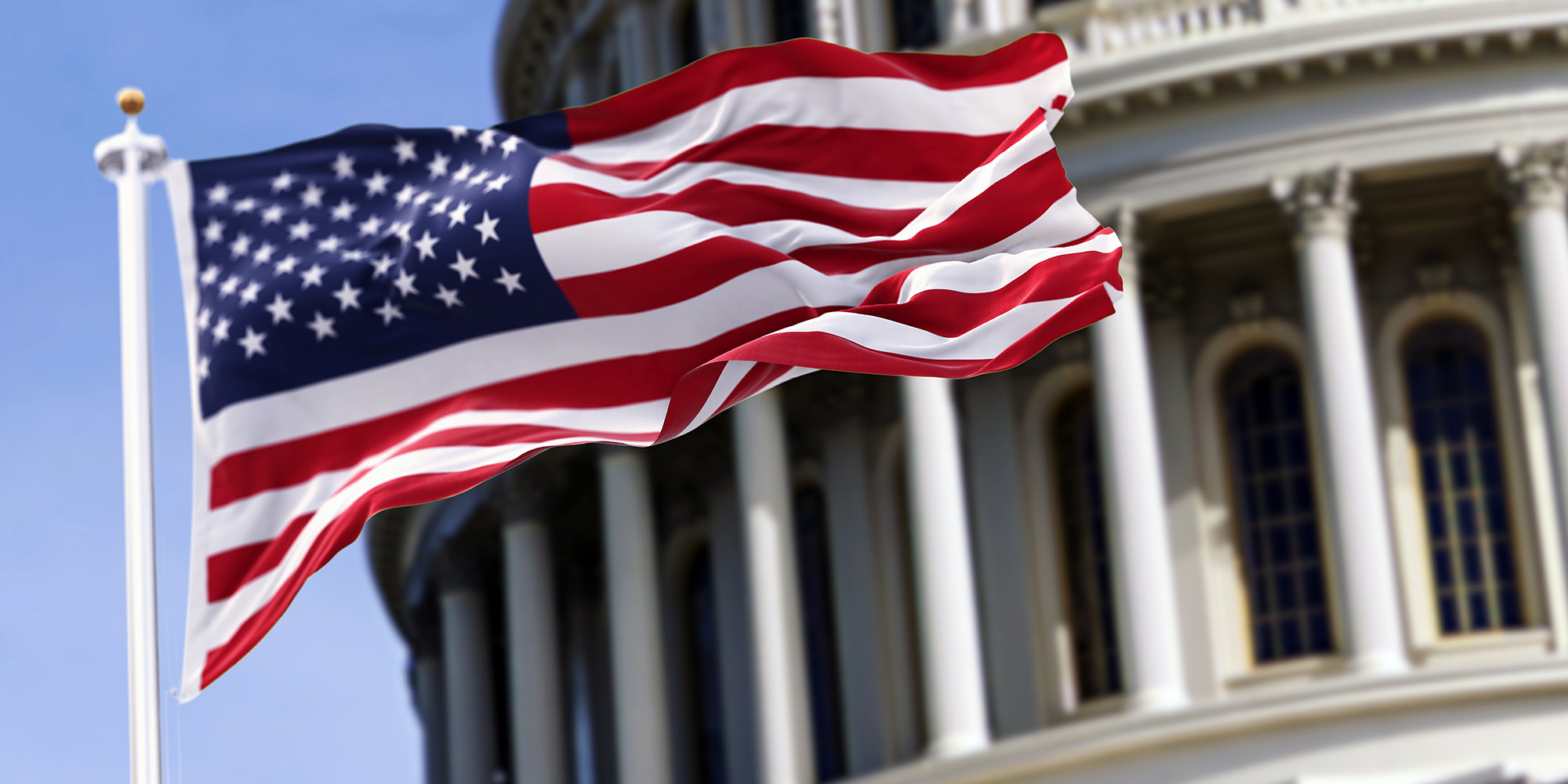Donald Trump has signed into law the so-called One Big, Beautiful Bill, which introduces sweeping tax-and-spending reforms and eliminates incentives for investments in renewable energy.
The Bill is explicit in its intent to end governmental support for renewables, especially wind and solar power. However, the effect of the new legislation on Renewable Energy Certificate (REC) markets is still uncertain. What has happened since the Bill was passed, and what can we expect in the near future?
How did the REC market react to the One Big, Beautiful Bill?
Despite the One Big, Beautiful Bill and official rhetoric targeting clean energy, the market for Renewable Energy Certificates (RECs) has remained table.
“We have not seen any evidence of companies rolling back either their voluntary REC purchases or their renewable energy commitments,” says Ross Pierson, CEO of Ecohz Inc.
In fact, Green-e RECs experienced a moderate price increase immediately after Trump signed the Bill into law.
What are the likely long-term effects of the new legislation?
There are no signs of voluntary demand for renewable energy documented with RECs slowing down. However, the Bill could hinder growth in supply. A Princeton University analysis estimates that solar and wind capacity additions will be reduced by nearly 70 gigawatts by 2030, which could slow the growth of REC issuance.
Corporate buyers may already be anticipating this shortage. On 7 July, the Trump administration published an executive order to “end market-distorting subsidies” for renewable energy, reinforcing the objectives of the Big Beautiful Bill. Shortly after, prices of REC vintages 2027–2030 experienced a slight increase.
“We are possibly seeing companies with renewable energy targets buying the RECs they need for forward years, concerned that there might be availability constraints in the future,” Pierson adds.
Power Purchase Agreements (PPAs) may also be affected. The Bill states that, to be eligible for tax credits, new renewable projects must begin construction by 4 July 2026. This, in combination with other provisions, is expected to significantly cut the number of projects eligible for incentives, slowing the deployment of renewables and likely increasing electricity and PPA prices.
What role might states play?
The development of state-level policies remains another important — and yet undetermined — factor. While the Bill was under discussion, a coalition of Republican senators from South Dakota, Alaska, Utah, North Carolina, and Kansas expressed support for maintaining the tax incentives under threat.
“Many American companies have made substantial investments in domestic energy production and infrastructure based on the current energy tax framework. A wholesale repeal, or the termination of certain individual credits, would create uncertainty, jeopardizing capital allocation, long-term project planning, and job creation in the energy sector and across our broader economy,” they wrote.
Whether state governments will enact policies to continue support for renewable energy investments is yet to be seen.
How can Ecohz help?
Even though the passing of the One Big, Beautiful Bill is a setback for the renewable energy industry and climate action at large, Ecohz remains committed to helping corporate buyers of renewables in the US advance towards their sustainability objectives.
As the policy landscape keeps developing, Ecohz’ advisors can guide you through the provisions of the Bill and other potential legislative changes to ensure you make informed decisions that reinforce your decarbonisation plans.
If you have more questions regarding the One Big, Beautiful Bill or other policy developments, get in touch. Our team is here to help.



.png?width=3840&height=2560&name=Sun(1).png)







